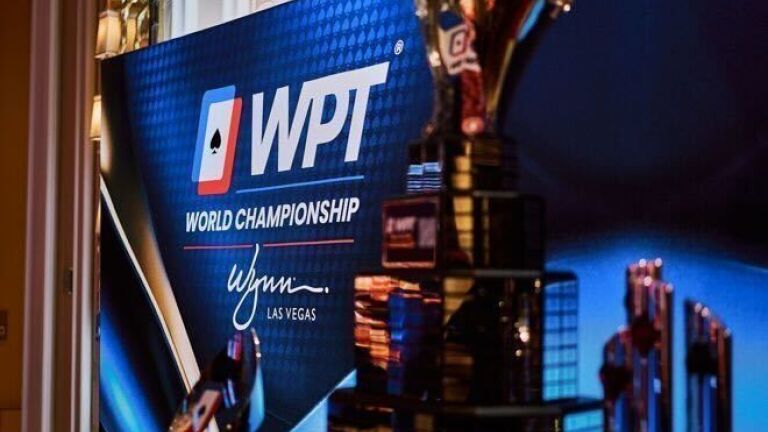The World Series of Poker (WSOP) has delivered its official verdict in the most talked-about controversy of the 2025 series. Following allegations of chip dumping during the $1,500 Millionaire Maker heads-up match between Jesse Yaginuma and James Carroll, the WSOP announced that no winner will be recognized, no bracelet will be awarded, and the combined first and second place prize money will be split evenly between the two players.
Heads-Up with Uneven Incentives
This year’s Millionaire Maker drew nearly 12,000 players competing for one of the WSOP’s biggest fields and prize pools. Jesse Yaginuma entered heads-up play with a significant 10-to-1 chip disadvantage but managed an impressive comeback that would normally have earned him $1,255,180 and his first live WSOP bracelet.
However, he was also eligible for an additional $1 million ClubWPT Gold bonus, a side promotion open only to players holding a special ticket. Carroll was not eligible for that bonus under any circumstances, creating an uneven incentive structure in the final showdown.
Accusations of Chip Dumping
Questions emerged immediately after the event, with many viewers pointing out questionable hands and patterns of play. These included Carroll making large raises with weak holdings, followed by quick folds to Yaginuma’s reraises.
Such hands raised the suspicion that Carroll may have made decisions designed to help Yaginuma win, triggering the bonus in the process—a classic example of chip dumping, which WSOP rules define as collusion and grounds for disqualification.
WSOP’s Official Decision
Following its review, the WSOP issued this statement:
As a result, both Yaginuma and Carroll will receive roughly $1.1 million each instead of the usual first and second place payouts.
The ClubWPT Gold Bonus Remains
Despite the WSOP withholding the bracelet, ClubWPT Gold has confirmed it will still pay Yaginuma the $1 million bonus.
That means Yaginuma will receive the larger total payout—his share of the WSOP prize split plus the entire promotional bonus.
A Delicate Enforcement Challenge
The WSOP’s decision reflects the complexity of enforcing integrity in poker. While many experienced players see the heads-up play as clear evidence of chip dumping, proving intentional collusion beyond doubt is extremely difficult.
Poker strategy allows for a wide range of bet sizing and hand selection. It is not illegal to 3-bet or 4-bet with 8-3 offsuit if a player chooses to do so. Because of this, direct evidence of a deal is rarely available, and any accusation of cheating needs to be carefully weighed against the game’s inherent variability.
Faced with these challenges, the WSOP opted for a solution that removes the honor of the bracelet, preserving the event’s integrity, while acknowledging that no other players in the tournament were financially harmed once heads-up play began.
An Unusual Outcome for the WSOP
Event #53 will be remembered as an unusual chapter in WSOP history: two players sharing millions in prize money, but no official champion crowned.
It highlights the ongoing need for organizers to address the risks of third-party bonuses and uneven incentives that can undermine competitive integrity, even in poker’s most prestigious events.


















0 comments